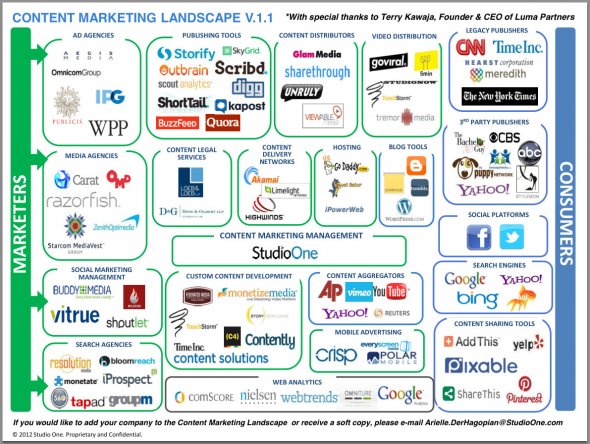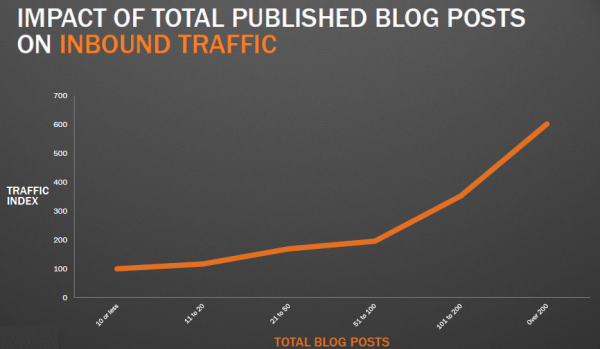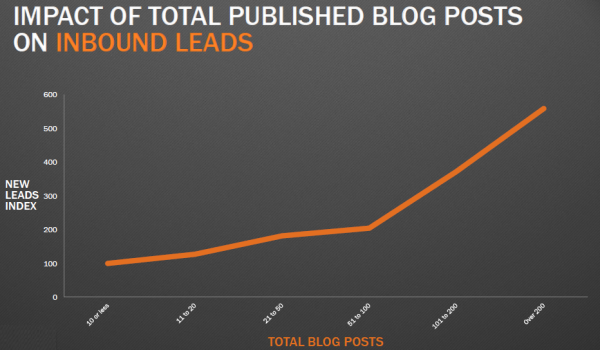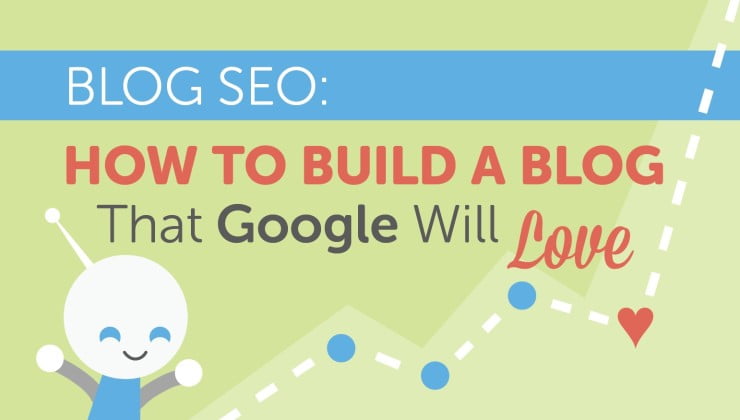Become The Best Blogger.
Is it necessary to have a goal to become the best blogger in your niche? Is content marketing something that the public on the web is seeking? Many have asked that questions about the value of content marketing and wondered if it is limited to a few types of businesses. This article was printed in Hubspot in August 2014 titled, How To Become The Best Blogger In Your Niche.
Back in 2012, Max Nisen wrote, “Content marketing is one of the biggest new trends.” He reported NewsCred’s CEO Shafqat Islam as saying, “Every Fortune 2000 company today is a candidate for content marketing. If they're not doing it, they will be.”
Two years later, Nisen and Islam’s prophecies have come to pass. We are in the age of content marketing — and it's showing no signs of going away. The content marketing arena is now so vast and so complex that people are starting to get lost. Don't believe me? Just take a look at this hodgepodge of an infographic from LUMA:

In spite of the scary complexity, blogging is still the one of the most powerful weapons in the content marketer’s arsenal. And the better the blog, the better the content marketing efforts.
So here’s my thesis: If you are the best blogger in your niche, you can be the most successful in your niche. It’s only logical. If blogging is the core of content marketing, and content marketing is the path to success, then we must conclude that being a kickass blogger is the path to marketing success.
And here’s the really good news: You can become the best blogger in your niche. In the post that follows, I will provide three points that explain exactly how to gain that edge.
1) Know your audience.
Answer the most important question: “Who is my audience?”
Too often, bloggers start with the wrong question. They ask things like:
- How can I be interesting?
- What can I write about?
- What will make this post more engaging?
Those are great questions, but they are totally meaningless unless you first understand your audience.
I came across a line recently that stuck with me:

When you blog for someone, you will have plenty of things to write about. What’s more, you’ll communicate in the right way — you'll be more "human" and familiar if you treat your audience like real people.
As you ask the big question, “who is my audience,” keep in mind these additional questions that will help you develop a deeper knowledge (From University of Maryland's Writing Resources):
- What is the relationship between the writer and the reader?
- How much does the reader know
- Is the audience likely to agree or disagree with you?
- What will the reader do with the information?
The clearer your view of your audience, the better your writing will be.
Your audience is smaller than you think.
Keep in mind that your audience is probably smaller than you think. Traffic metrics do not reflect an accurate count of your engaged audience. A better way to understand your audience is through engagement metrics.
In a study conducted by Chartbeat on Slate readership, they discovered that the most engaged readers were those who scrolled below the fold. A full 86% of engagement took place when readers scrolled to read an article.

Also, share metrics tend to skew the perception of an engaged audience. The people who share your articles don’t always read the whole thing, as an Upworthy study showed. This chart below indicates how long users stayed on a page compared to the point at which they shared the article.

Your true readership is made of those who are engaged — the users who read your entire article and absorb the material.
You can build your audience.
Even though it is smaller than you think, you can also build your audience. Great bloggers grow in size and reputation. That’s what this article will tell you how to do.
The more you blog, the better knowledge you’ll have of your audience. You discover what they love, what they don’t love, what makes them click, and what makes them convert. In my Complete Guide to Building Your Blog Audience, I wrote this:
"A great blog begins with the content you create, but to be successful, a blog also needs a strong community or audience."
So you should not only learn who your audience is, but also shape that audience, too. To a certain extent, you get to decide who your audience is, and what they want to hear.
Everything starts with audience. If you know your audience and speak directly to them, they’re going to love you.
2) Be consistent.
You’re not going to be a wildly successful blogger unless you’re consistent.
An article on NewIncite had this to say about consistency:
"Quality of content and consistency are the most important factors in setting up your schedule … Consistency will keep them engaged, build brand awareness, and — if done right — help convert them to buyers."
It’s easy to talk about consistency, but it’s hard to do consistency. Bruce Springsteen wasn’t exactly a content marketing professional, but he had a great line about consistency:
"Getting an audience is hard. Sustaining an audience is hard. It demands a consistency of thought, of purpose and of action over a long period of time."
What worked for The Boss works for content marketers, too. You want to be a blogging rockstar? Take it from a real rockstar: Consistency matters.
Being a rockstar blogger feels good. But waking up early every day, hitting the keyboard every day, and maxing out your mental resources every day doesn't always feel good. But that gritty pain is what consistency is made of.
How often should you blog?
So, what does consistency mean in real numbers? How often do you need to publish a blog post? To answer this question, I’m going to be all evasive and tell you to refer to point one — know your audience.
Joe Pulizzi of Content Marketing Institute wrote this on the topic of blogging frequency:
"As long as the blog post serves these two goals it’s worth doing a post: 1) Is a compelling and interesting story to your target audience (the reader), and 2) Serves the objective for your blog. If that means five posts per week, great. If it’s one per week, that’s fine to. [sic] Focus on whether or not you have a story worth telling."
I can’t give you a hard and fast number. I can, however, recommend a minimum threshold — you should aim for at least one post a week.
Why? Frequent output — i.e. consistency — is positively correlated with greater traffic, as indicated by HubSpot’s research.

In addition, HubSpot discovered that bloggers with higher output had better lead generation results:

So consistency leads to accumulation of content, and the more content you have, the more results you’ll get.
3) Be totally transparent.
If you’re more transparent than anyone else in your niche, you’ll get more readers. People crave transparency.
Kevan Lee, Buffer’s blogger par excellence, writes this in his article, "The Anatomy of a Perfect Blog Post:"
"We aim for an element of storytelling in each of the posts we write, often starting a blog post with a personal anecdote or moment of transparency."
Transparency is a tricky thing. On the one hand, relationships are built on trust and transparency. But it’s hard to be transparent. Nan Russell, in Psychology Today, had some cogent insights about transparency:
"People want other people, not necessarily themselves, to be transparent … Some people find transparency threatening, especially at work, while others find it exhilarating. Some confuse transparency with authenticity, or think transparency means communicating everything or knowing everything they want to know."
Transparency is important in blogging, because you are building trust, developing relationships, and growing an audience. At the same time you must exercise your transparency in a thoughtful and intentional way. You’re not going to spill business secrets, gossip about others, or divulge information that puts you in a dangerous personal situation.
The best advice that I’ve read comes from the article I cited above, regarding the role of transparency in the workplace. These principles, as I’ve restated them and applied to blogging, will make you appropriately transparent:
- Tell stories that demonstrate your openness and vulnerability.
- Make sure you are respecting your boundaries of confidentiality and the confidentiality of others.
- Use your transparency to help others, not simply for the sake of being transparent.
When we try to become transparent, we’re usually not as transparent as we think we are. But if we work hard to share personal stories — appropriate details included — we’ll get better at it.
Transparency engages readers and turns your blog into something that readers love. As I’ve studied many blogging niches, I’ve discovered that the bloggers with the greatest degree of personal disclosure are the most successful. So if you want to be a successful blogger, you’ve got to get personal and transparent.
Conclusion
Being the best blogger in your niche has very little to do with writing technique and flawless grammar. Those technical skills kowtow to some way more important things:
- Knowing your audience.
- Being consistent.
- Being totally transparent.
If you put these techniques into play, you’re on the path to blogging domination and content marketing success.
*How to Become the Best Blogger in Your NicheWritten by Neil Patel | @neilpatel
DR. Raymond Jewell, is a leading economist and Home Based Business Consultant. He is a Alpha Legacy member of Markethive and manages several blogs on the hive. Dr. Jewell is offering, for a limited time, FREE Markethive Systems just click and sign up and witness the power of the Hive first hand.
Alan Zibluk Markethive Founding Member
















